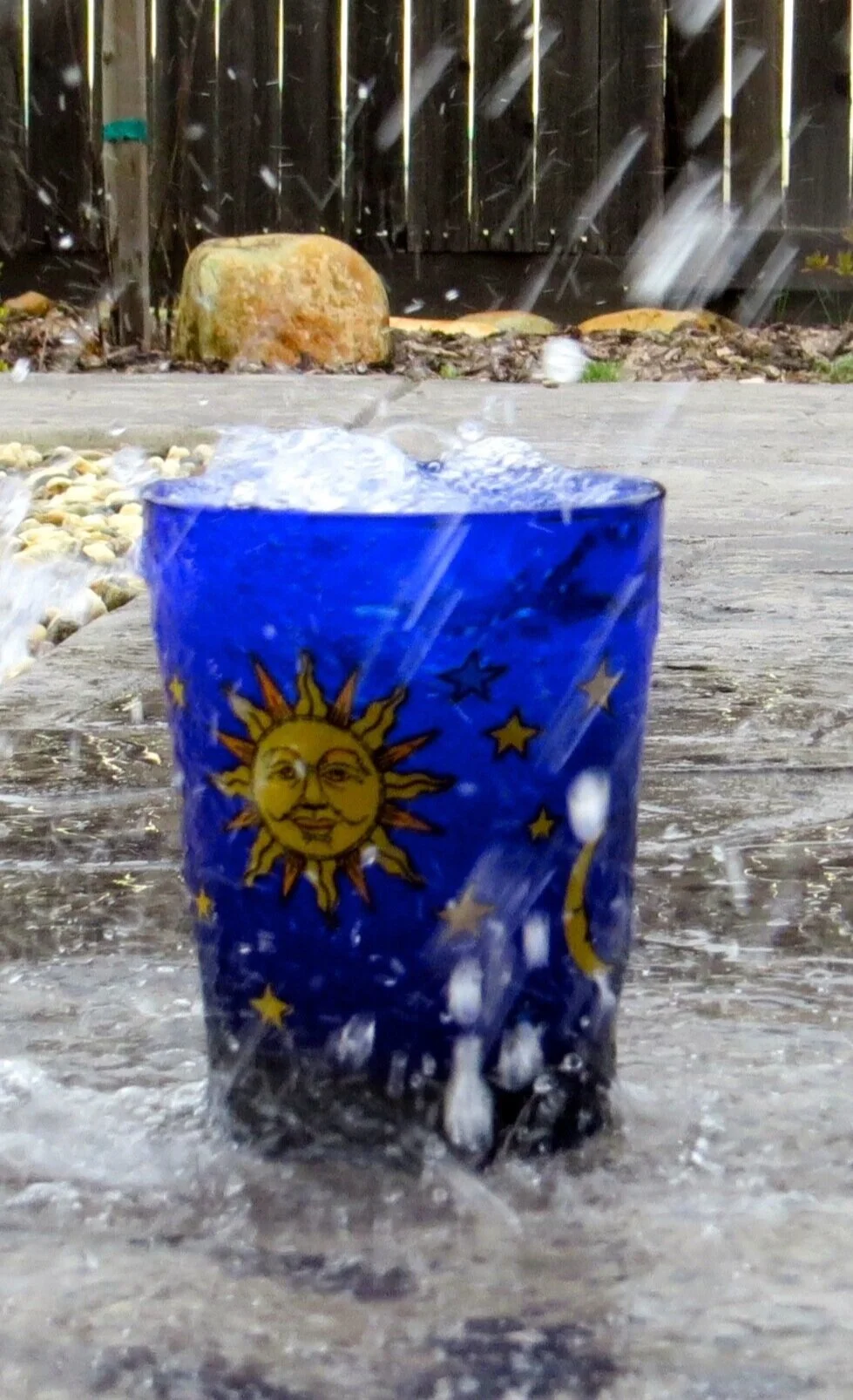Writing From The Inside Out Week 33 Prompts
based on Rain by Sandor Weores
Read the poem
Do your own reflection on it, noting what it inspires in you
Feel free to use your own reflection as your prompt or…
Use the selection of prompts below the poem
Pick one that inspires you and write (feel free to use only one or write several poems using different prompts) or…
Don’t use any of the provided prompts and follow your inspiration from wherever it comes
Rain
The rain’s pounding away
at the rusty eaves.
Twirling, sliding bubbling foam –
well, that’s rain.
You too, and I should walk now
as free as that
on the cloud, on air, the meadow
and the vapor roads.
Move around up there and here below
like this liquid thing,
flowing into human life on rooftops
and on shoes.
Sandor Weores was a Hungarian poet who obtained a doctorate in philosophy and aesthetics with his doctoral dissertation The Birth of the Poem published in 1939.
Translated from the Hungarian by J. Kessler.
Please join in for Round 8 of Writing From The Inside Out by attending the November 2020 read-around sessions on Friday afternoons except for Nov 27 Thanksgiving break. (it’s free, fun, a great way to share, and reading a poem is optional). If you have not registered, click the button below; and if you have registered, you do not need to register again, simply use the link sent to you in your confirmation email. Register Here:
Note: We will take a Thanksgiving break and there will be no Read Around on November 27, 2020. Next Read Around will be December 4, 2020 at 4:00 PM PST
My Thoughts
Although we will take a Read Around break this week, I offer Rain by Hungarian poet Sandor Weores to keep your inspiration flowing. Rain on rooftops is one of the most profoundly soothing sounds and is included in any collection of meditative Nature Sounds. I like that Weores’ poem highlights the particular sound of rain on eaves (I hear the tinny timpani of metal eaves) and the sight of the bubbling foam that often collects at the bottom of the drain. After downplaying that scene, Weores uses the twirling, sliding, free flow of rain to suggest a kind of freedom of spirit and a way we might flow through life. He also manages to balance the experience of the highs of life, represented by cloud and air, with the grounded aspect of meadow and vapor roads; and contrasts the liquidity of human experience with practicality of walking on wet roads in wet shoes.
Week 33 Prompt Menu
Write your own ode to the rain and what it evokes in you.
Pick some particular aspect of rain (puddling; drops flowing down a window pane, the sight and sound of car wipers, etc.) and use the snesory detail as your prompt.
Describe what it’s like to walk in the rain. Use all your senses to capture the experience.
Think of a time when you had to navigate a slippery surface (walking across a stream on wet rocks; or stepping on a slippery metal surface) and note how that relates to some aspects of life.
What sight, sound, or touch in nature soothes you? Describe how the sensory experience evokes the inner state. Note what thoughts, feelings and sensations arise from the experience.
Think of a time when you felt free, like a cloud, or as if you were walking on air. Write a poem using that experience and feeling as your inspiration.
What makes you feel free in life?
Use contrast in a poem: between high and low, inside and outside, forward and backward, cold and hot, etc.
Write from whatever else in the poem inspires you or from elsewhere in your life.
